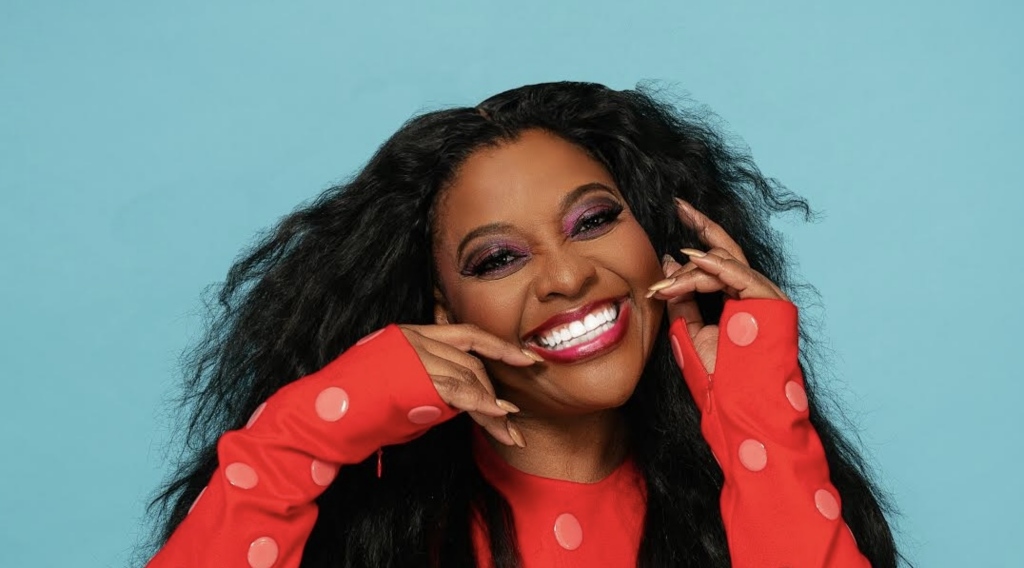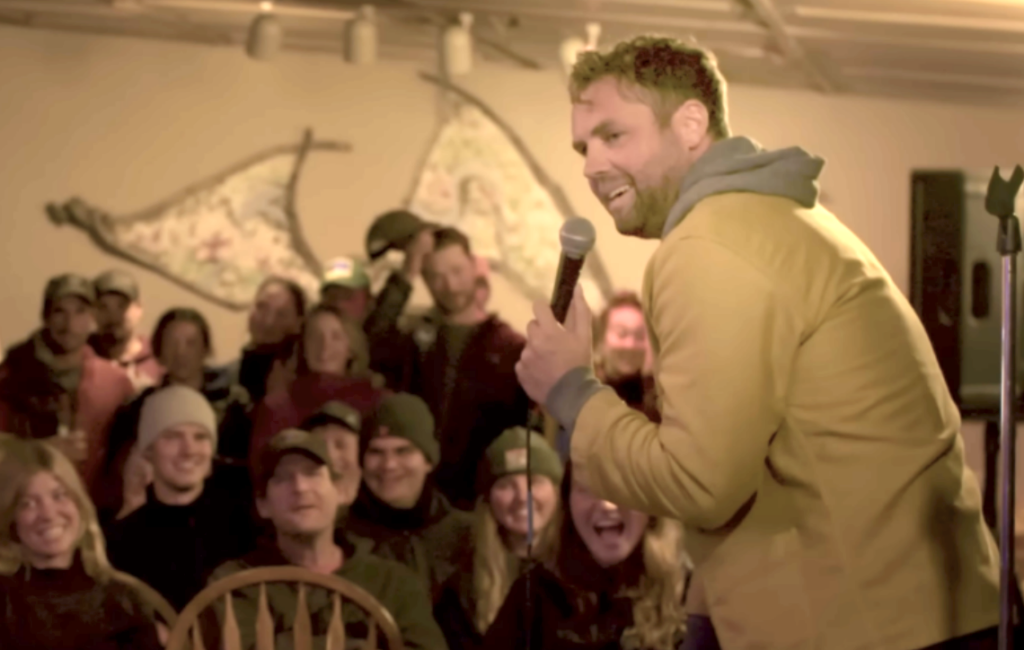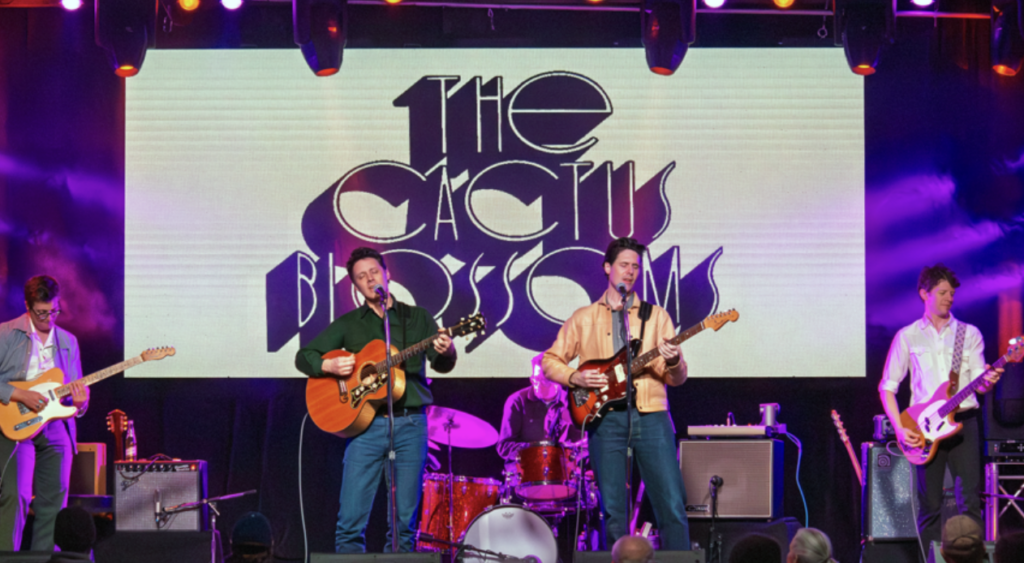David Gray

The part that’s supposed to be fascinating about David Gray is that he made 1999’s surprise international hit White Ladder at home with the conviction that if it didn’t work this time, he’d hang up his guitar. The part that’s really interesting, though, is that White Ladder signaled Gray’s continued upward trajectory; the guy defied convention by making an album that was better than his previous disc, which in turn had improved on the one before it, which bettered his debut. Coddled then discarded, most acts with major-label backing continue to suffer from the long-stripped post-Nirvana gold rush of the early ’90s, a search for grunge truffles (then for anything) that proved the suits were pigs. Meanwhile, onetime low-seller Gray was not only making sensitive singer-songwriter albums with admirable melodic thrust but also getting better at it each time, demonstrating that dwelling at the bottom of the tank isn’t the same as feeding there.
Ladder fused skittering programmed rhythms to sprightly acoustic guitar and organic-sounding keyboards — it sounded electric but rarely electronic. It was postage-stamp pointillism: small, pretty and cheap. That formula remains unchanged on Gray’s fat-free — and even better — follow-up, A New Day at Midnight. Gray and one-name instrumental partner McClune’s playing and arrangements again center on polite strumming and warm Wurlitzer, and there’s little to suggest anyone had to tune a drum.
What pushes minimalist tracks such as “Freedom” from sketches to memorable songs is Gray’s voice, a pugnacious tenor equally adept at sleepy understatement and thick-throated conviction. “Real Love” forces the cliché meter into the red (dawn in all its majesty) nearly enough to negate its urgent melody, but Gray’s hectoring yelp battles back to save the song. On the loping come-on “Kangaroo,” the slightest number here, Gray leans into the phrase Kookaburra kangaroo with a grinning, punch-drunk drawl that doesn’t recognize its alliterative nonsense as much as flatter it.
Midnight is less immediate and more compact than its predecessor, and it sounds at first as though Gray has hit a ceiling. The songs’ order is largely to blame; Midnight, though hardly stagnant, is overwhelmingly midtempo or slower, and Gray seems unsure where to put the few songs that approach escape velocity. The album is dedicated to Gray’s late father, and even its love songs are woven through with grief and uncertainty.
But this isn’t Gray’s Soul Cages. “Dead in the Water” is less filigreed musically and less fussy lyrically than the middlebrow-and-loving-it Sting: The color and the creed/The cancer and its seed/Crackles on the mic/Can call it what you like/We’re dead in the water now, Gray sings over metronomic piano chords and a hum that sounds like an electric guitar plugged into a municipal transformer, its strings replaced by wires. It’s the kind of performance that restores emotionalism to good standing, from an album that turns Gray’s strengths — directness, vocal poise, catchiness — into out and out virtues.




